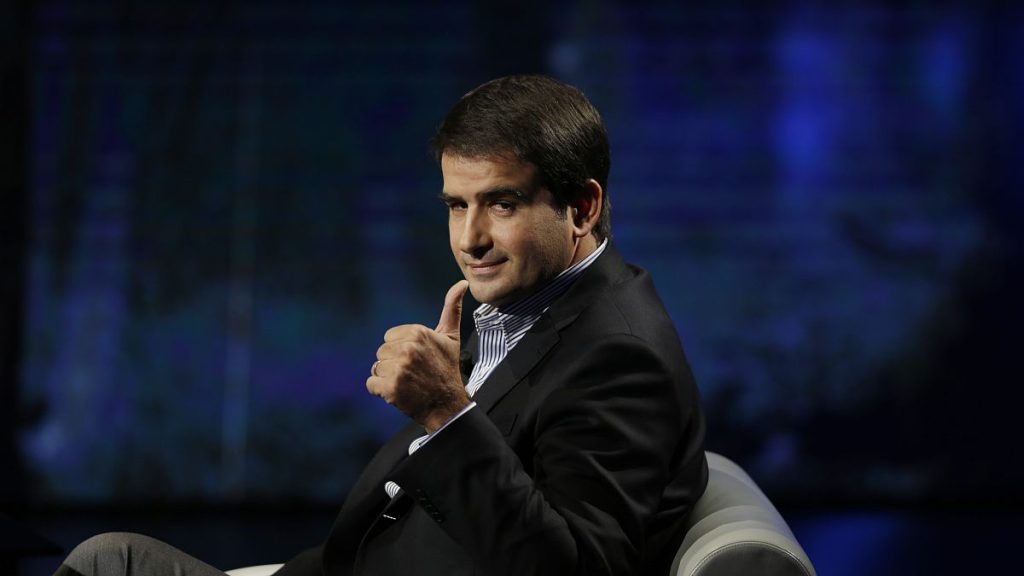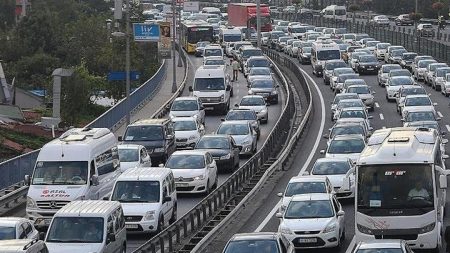Italy has nominated Raffaele Fitto as its next European Commissioner, with his party Fratelli d’Italia praising his qualifications. Fitto, a former lawmaker for the center-right EPP, has extensive experience in both EU institutions and the Italian government. However, the selection process for EU commissioners can be challenging and include screenings and hearings. Fitto may face opposition from the Liberals, but his chances of being appointed could increase with support from the EPP. Fitto’s potential appointment could reflect positively on Italian Prime Minister Giorgia Meloni, who has faced criticism for isolating Italy and withdrawing support for Ursula von der Leyen’s re-election as EU Commission President.
If Fitto is appointed as the executive vice president responsible for the economy and post-pandemic recovery, it would be a significant gain for Italy. This role would allow Fitto to address a wide range of issues, including managing pandemic recovery funds and overseeing the stability pact, which is crucial for Rome. Gianni Pittella, a former vice president of the European Parliament, believes that Fitto’s appointment would be beneficial for Italy, especially given the country’s status as the largest recipient of Next Generation EU funds. The appointment of Fitto to such a key portfolio would demonstrate Italy’s influence within the EU and its focus on economic recovery.
The potential appointment of Fitto is being closely watched, with all eyes on EU Commission President von der Leyen as she prepares to present her team and their portfolios. Fitto’s appointment could be seen as part of a larger agreement between Meloni’s government and the EPP, especially in light of Italy’s strained relations with other EU members. Fitto’s experience and skills make him a strong candidate for the role of European Commissioner, but he will need support from key political groups in the European Parliament to secure his appointment. The outcome of Fitto’s candidacy remains uncertain, but it is clear that his appointment would have significant implications for Italy’s representation within the EU.
Italian Prime Minister Giorgia Meloni’s government could benefit from Fitto’s appointment as European Commissioner, particularly in terms of strengthening Italy’s position within the EU. If Fitto is appointed to a key portfolio overseeing economic and recovery efforts, it would highlight Italy’s influence and role in shaping EU policies. The decision to nominate Fitto reflects Meloni’s strategy to assert Italy’s interests within the EU and to secure key positions for Italian officials. Fitto’s candidacy represents an opportunity for Italy to showcase its capabilities and priorities on the European stage, and could have far-reaching implications for the country’s relationship with the EU.
Fitto’s potential appointment as European Commissioner is seen as a strategic move by Italy to strengthen its position within the EU and assert its influence on key policy areas. Fitto’s qualifications and experience make him a strong candidate for the role, with his background in EU institutions and the Italian government providing him with the necessary skills to take on the responsibilities of a European Commissioner. Despite potential opposition from other political groups, Fitto’s appointment could signal Italy’s commitment to addressing economic challenges and promoting recovery efforts within the EU. The decision to nominate Fitto reflects Italy’s broader strategy to secure key positions within EU institutions and to advocate for its interests on the European stage.















